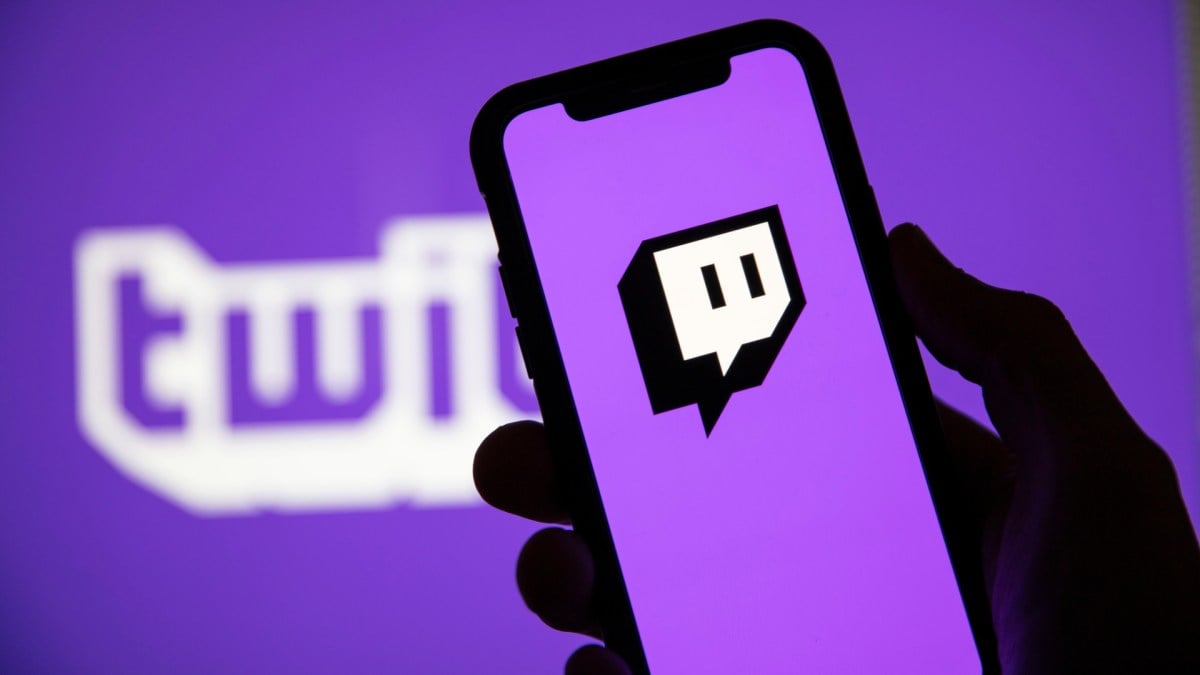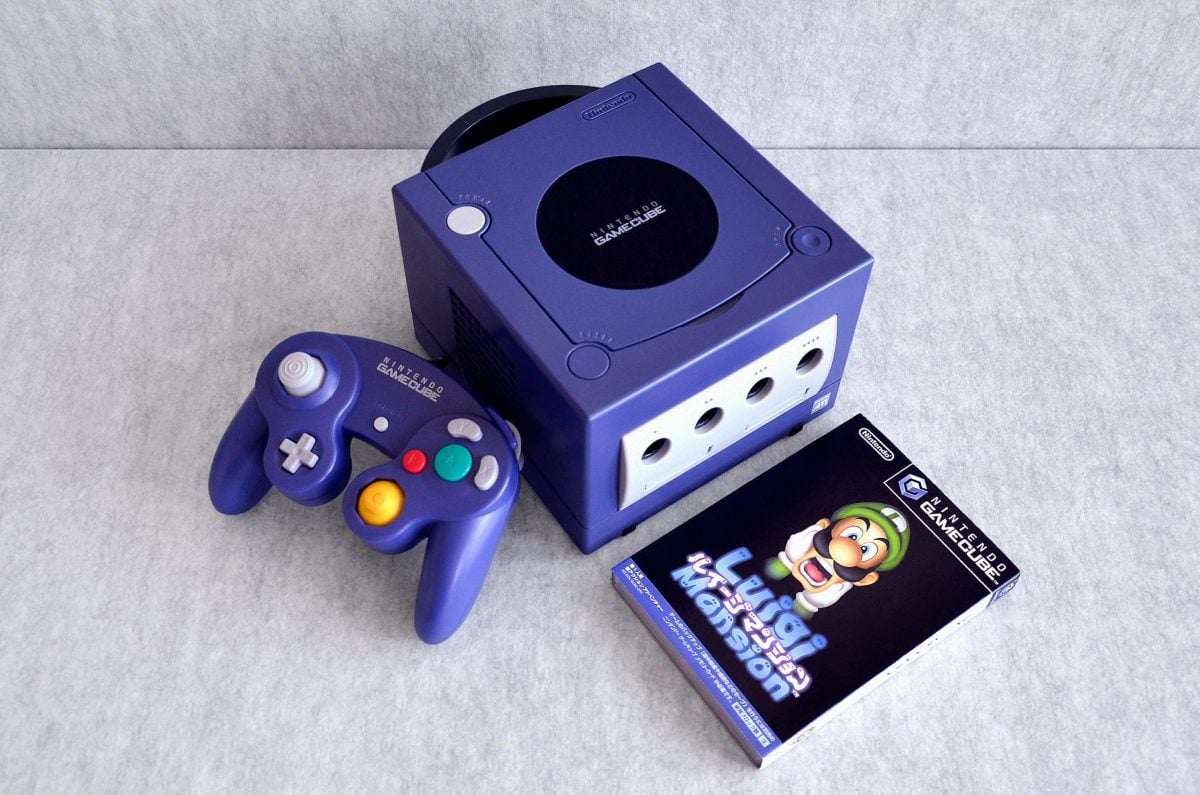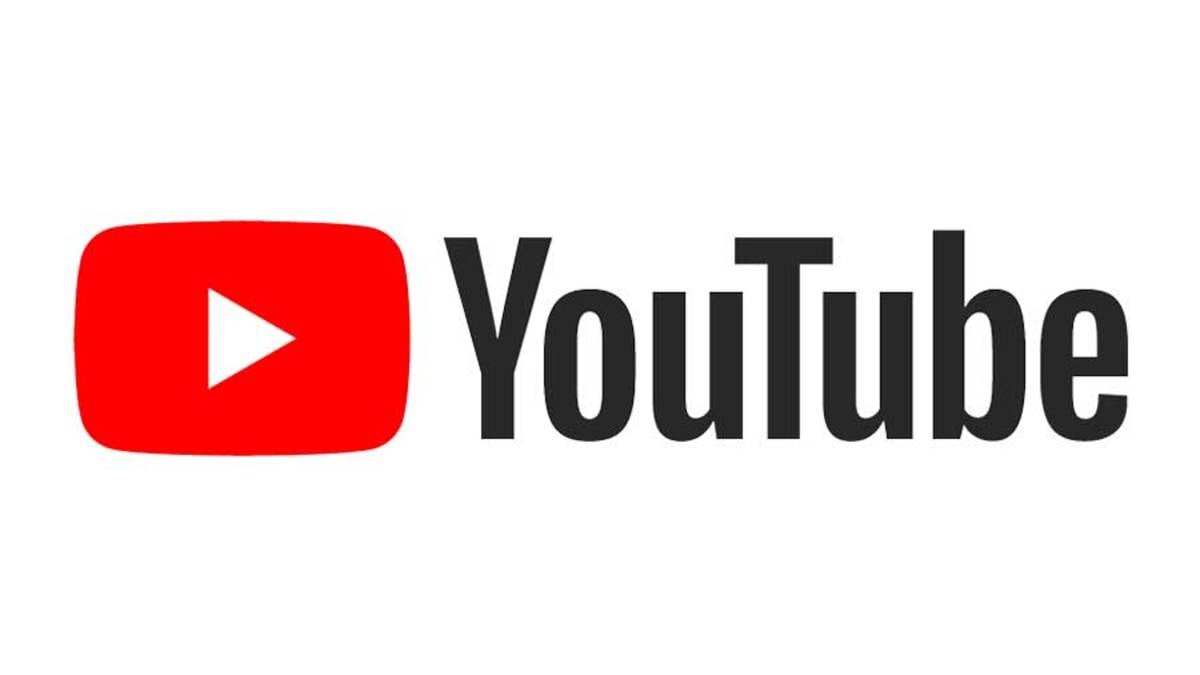Amazon’s $970 million acquisition of streaming mega site Twitch in August 2014 was a landmark moment in the burgeoning industries of esports and livestreaming. Twitch followed with its own acquisition in December, buying up one of the most successful gaming talent agencies in esports, Good Game.
But with that purchase, Twitch may have inadvertently put itself on uncertain footing, as the intersection of esports and entertainment law has created a knotty and unprecedented legal conundrum.
California, as the epicenter of the entertainment industry, has laws specifically governing the operation of talent agencies. And depending on your interpretation, Good Game may be violating some of them—and in turn, threatening the legitimacy of the contracts it has signed with its clients.
Good Game refers to itself consistently as a talent agency and company. On its website, the company describes its client services as “Talent Acquisition & Management,” and it promises to help people who want to “work with the most popular, influential gamers in and around video games.”
“We’ll connect your brand with their reach,” the company boasts.
Twitch described its acquisition similarly. In its announcement of the purchase, Twitch called Good Game “an all-in-one talent and content company focused on gaming and e-sports. Over the past decade, its staff of industry veterans has worked with teams, represented players, managed tournaments, created content, and brought numerous marquee advertisers into the gaming space.” [Emphasis added.]
It appears, however, that Good Game may not even be a legally recognized talent agency. A check on the Talent Agencies License Database for California shows no entry for Good Game. And there’s no evidence Good Game’s CEO, Alex Garfield—who earned a bachelor’s degree in sociology from Pomona College in 2008—has ever held a talent license. Under the California Talent Agencies Act (California Labor Code Sec. 1700 et seq), all talent agencies are required to be licensed by the state labor commissioner. Neither Garfield, Good Game, nor Twitch responded to a request for comment by publication time.
If Good Game is in violation, it’s “technically a misdemeanor,” Matt Galsor, an entertainment lawyer at Greenberg Glusker’s Entertainment Group, told the Daily Dot. “But no one would prosecute under this law. They could still qualify as a talent manager and do management work. It’s not answerable just by knowing about their business and looking at the law.”
But there are additional potential consequences. Good Game’s contracts with its clients could be invalidated, and some or even all of its commissions from them put at risk. “Persons acting as unlicensed talent agents used to be subject to criminal liability,” writes entertainment attorney Beverly Robin Green, “and under current law they still stand the very real risk of having their contract declared illegal and unenforceable, and losing all their commissions. This is true even if the talent agent services were only incidental to other services.”
Indeed, there’s plenty of legal precedent for this. A ruling on a 2005 case notes that “California courts have uniformly held a contract under which an unlicensed party procures or attempts to procure employment for an artist in violation” of the Talent Agencies Act and “the party procuring the employment is barred from recovering commissions for any activities under the contract.”
Acquiring a license is simple: You pay a $225 fee and get a background check. Your offices are then open to inspection, and are expected to submit your “commission rate and even [your] form of contract for approval by the Labor Commissioner,” Green explained.
That Good Game has apparently not acquired a license is either an oversight or an assumption that they don’t believe they need one. And that’s the more interesting prospect, one that could have ramifications in how esports is defined in the future: Does Good Game really require a license at all?
Talking to California entertainment lawyers like Galsor, who represents clients like Tom Cruise and Larry King, and the California labor board, no one seems sure just how to classify professional gamers or the agencies that represents them.
Here’s how a talent agency is described under California law:
“A person or corporation who engages in the occupation of procuring, offering, promising, or attempting to procure employment or engagements for an artist or artists, except that the activities of procuring, offering, or promising to procure recording contracts for an artist or artists shall not of itself subject a person or corporation to regulation and licensing under this chapter. Talent agencies may, in addition, counsel or direct artists in the development of their professional careers.”
Good Game could present itself as a marketing agency instead of a talent agency. A marketing company can promote a product or brand, for example on the jerseys of players, without representing them by “attempting to procure employment.” But several Good Game player contracts presented to the Daily Dot demonstrate that the company not only procures image rights but also pledges to facilitate the careers of the signatories.
But the bigger distinction lies in how you define “artist.” Are Good Game Agency’s clients, ranging from professional players to commentators to streamers, included? The legal definition looks open-ended, covering those doing creative work in music, film, radio, and theater, as well as “other artists and persons rendering professional services in motion picture, theatrical, radio, television and other entertainment enterprises.”
As a lay person, it’s hard to imagine video game broadcasting not being covered by “other entertainment enterprises.” The $21-billion-a-year video game industry is certainly an entertainment enterprise, and streaming, whether a personal stream or professionally produced broadcast, is analogous to television. But that’s a stance that’s never been litigated, Galsor believes, and laws may have to be updated for the video gaming, streaming, and esports era.
“The California Labor Code does not expressly cover the term ‘gamer’ in its definition of artist,” Julia L. Bernstein, public information officer for the California Department of Industrial Relations, told the Daily Dot.
In fact, according to Bernstein, the Labor Commissioner historically takes a stricter interpretation of the legislation. She specifically notes a ruling on a 1995 case between American First Run Studios and Omni Entertainment Group, which states that “despite this seemingly open ended formulation, we believe the Legislature intended to limit the term ‘artists’ to those individuals who perform creative services in connection with an entertainment enterprise (motion pictures, TV, radio and theater).”
Professional gamers obviously don’t fall under this definition, and neither would professional athletes. But Bernstein notes that athlete representatives who procure their clients’ work on television commercials do require a license. When you appear as an actor in a commercial, you’re now an “artist” under the law, and your agent has procured work for you.
“If a gamer’s representative is seeking employment in the television or film industries, or an industry that is covered in the definition of artist, then at that point the representative would require a talent agency license,” Bernstein said. “We would need to take a closer look at the type of employment procured or attempted to be procured by the representative before we could definitively conclude a license is required.”
Good Game seemingly does procure this type of work for some of its clients, like former Evil Geniuses player Bryce “Machine” Bates, who appeared in an advertisement for HyperX in 2012.
But does a video on YouTube constitute television? What if it appears live on a stream on Twitch? Does it make a difference if that stream is housed by a cable network, like ESPN3, which recently began airing esports events?
Entertainment lawyer Larry Zerner says that the case is almost certainly covered by the law. He believes streaming should be (“they’re essentially on television,” he said), but the agency could frame that as self-employment by the talent, with the agency securing licensing and sponsorships, not procuring employment. But, he told the Daily Dot, “as soon as the sponsor says, I want you to sit in front of the camera and say ‘go use my use my product…’ Once you’re in a commercial, that’s certainly covered under the act.” He notes that online ads are definitely covered; for example, the law applies to models who appear in online advertisements.
So in some cases, Good Game may run afoul of the statute. But as long as it keeps its clients happy, it likely won’t be the catalyst that potentially gets some of these laws changed. The registration, after all, is designed in part to protect the agency from unpaid commissions.
“People hire unlicensed contractors all the time,” Zerner said. “It’s really the person who doesn’t have the license who is taking the risk.” If a client refuses to pay Good Game’s commission, they won’t be able to sue that client to receive their commission if the labor board agrees that esports is covered.
Zerner does note that Good Game should explicitly list whether it’s a licensed agency on its website.
But if the talent is satisfied, Zerner says, Good Game’s not at serious risk. “It’s unlikely the labor commission would take any action without first taking a complaint from their client,” he said.
The important consideration here is just how esports and related industries will be handled by the law, not whether Good Game Agency is breaking it. As this instance shows, it isn’t very clear. Zerner, for example, seems to think streaming would fall under the same category as television, meaning Good Game clients like Aaron “Ayesee” Chambers, who commentates Dota 2, would fit the artist definition. Others, like Bernstein, seem less convinced the labor commission would see it that way, at least until a court tells them otherwise.
This specific instance likely isn’t the one that wins esports more legal clarification. But it’s an important part of the discussion surrounding how the industry moves forward in the coming years. Indeed, it’s not even the first time this year that legal issues have swirled around esports. In January, Twitch became embroiled in controversy over rights ownership and copyright issues in its lucrative streaming business.
One of its users, who went by the name SpectateFaker, used the game’s own spectator client to broadcast every nonofficial match from the world’s best League of Legends player, Lee “Faker” Sang-hyeok. But there was a problem: Lee had signed a contract with Twitch competitor Azubu to stream exclusively on its platform. Azubu issued a Digital Millenium Copyright Act (DMCA) takedown notice against SpectateFaker, and the community reacted in uproar: SpectateFaker’s stream, after all, broadcast video directly from the game itself. And copyright for gameplay footage was owned by the game’s developer Riot Games, not Azubu. The SpectateFaker controversy simply emphasized that laws designed to govern the entertainment industry need to be updated to handle the unique cases present in esports.
For Good Game, a more serious pitfall could come from its potential conflicts of interest. Twitch specializes in broadcasting video games. Anyone can stream their own game sessions with the right equipment and software. But many of the site’s biggest channels focus on esports, an industry in which Twitch has become the rough equivalent of a streaming Time Warner or Comcast. If you want to reach the Internet’s esports audience, you’ve got to broadcast on Twitch. Many of Twitch’s broadcasters directly compete with Good Game’s clients, both in terms of viewership or in professional competitions, creating potential conflicts of interest.
How can an independent broadcasting platform incorporate a talent agency into a structure that partners with Good Game’s direct competitors? Internally, Twitch staff members have raised concerns about preferential treatment for certain players and teams, sources inside the company have told the Daily Dot. And some notable big-name partners are said to be dissatisfied with what they see as unfair attention being paid to the Twitch-owned teams.
Twitch also sponsors tournaments Good Game clients compete in. And, in fact, Good Game itself hosts events in which its players play. According to section 18897-18897.5 of California’s Business and Professions Code, “no athlete agent shall have an ownership or financial interest in any entity that directly employs athletes in the same sport as a person with whom the athlete agent has entered into an agent contract.”
In other words, an agent can’t have a financial interest in both an athlete and the league he or she competes in. The 2014 season of Good Game client the Dota 2 League featured fellow Good Game client Alliance as a competitor.
Of course, that opens up a whole new can of worms. Are esports players “athletes” under the law? The United States immigration office seems to think so, considering they began issuing athletic visas to esports players in December 2013. But that has little bearing on how the state of California and sees things. Are esports sports? If so, does employing athletes in the “same sport” mean in esports as a whole, or in a specific game like Dota 2?
It may seem easy to look at a law and think of course it applies. But until a court makes a decision, the only real answer to many of these questions is, “who knows?” And as esports organizations get only bigger and more influential, that court decision could come very soon.
Samuel Lingle and Kevin Morris contributed to this report.






Published: Apr 21, 2015 11:17 am